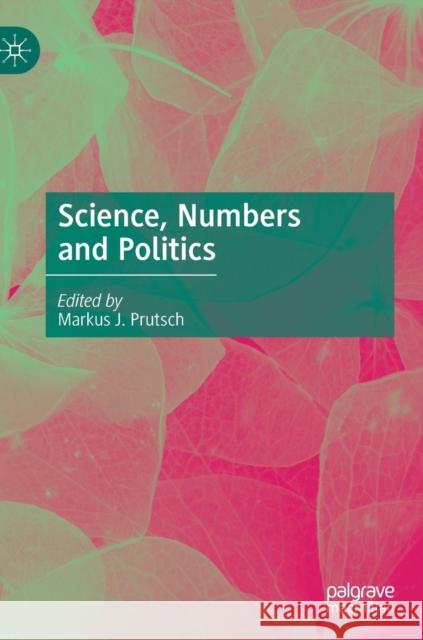Science, Numbers and Politics » książka
topmenu
Science, Numbers and Politics
ISBN-13: 9783030112073 / Angielski / Twarda / 2019 / 386 str.
Kategorie BISAC:
Wydawca:
Palgrave MacMillan
Język:
Angielski
ISBN-13:
9783030112073
Rok wydania:
2019
Wydanie:
2019
Ilość stron:
386
Waga:
0.63 kg
Wymiary:
21.01 x 14.81 x 2.39
Oprawa:
Twarda
Wolumenów:
01
Dodatkowe informacje:
Wydanie ilustrowane











